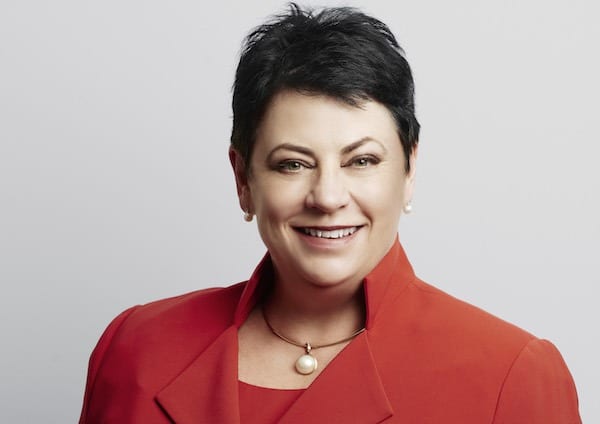It’s proof once again that progress achieved on gender diversity in leadership does not necessarily mean it will be sustained, nor will it be guaranteed to continue.
Women currently hold 29.5 per cent of board seats at Australia’s largest companies according to AICD’s latest Gender Diversity Quarterly Report — down from 29.7 per cent in July 2019.
It’s only a slight trend backwards, but it’s a decrease nonetheless, proving that simply waiting on parity to occur is not enough to ensure that it happens.
Meanwhile, the number of boards on the ASX 200 with zero female directors has actually increased, to seven. That’s happening despite progress internationally, including on the S&P 500 in the United States, which was recently found to have no remaining all-male boards.
It’s especially disappointing for the AICD and The 30% Club, which has been pushing for the goal of at least 30 per cent female representation on the boards of these companies.
AICD Managing Director Angus Armour said the drop should be a “wake up call” to directors, investors and shareholders across the ASX 200. He said boards struggling on gender diversity should challenges themselves and make the commitment to do better.
“The results provide no cause for celebration.”
– Angus Armour FAICD, AICD’s CEO
At the end of September 2019, the percentage of women on ASX 200 boards fell to 29.5 per cent.
Read our latest report on gender diversity on ASX200 boards: https://t.co/HV2zv2bV3Z
— AICD (@AICDirectors) October 30, 2019
Nicola Wakefield-Evans (pictured above), who chairs the Australian chapter of The 30% Club, shared her concerns from their recent research, finding that just 16.6 per cent of new directors appointed to boards that had their initial public offerings (IPOs) in 2018 were female.
“We need to ensure that from when companies list, the boards comprise of at least 30 per cent female directors,” she said.
In other research out today, Deloitte has found that women worldwide across the 66 countries they profiled held 16.9 per cent of board seats in 2018, up a tiny 1.9 per cent from the previous year. The worldwide figure is aided by those countries with board quotas including Norway (40.1 per cent) and France (37.2 per cent), but also by countries that don’t have quotas but have sought other avenues to achieve progress.
When it comes to chair and CEO positions worldwide, women are still seriously outnumbered, holding just 5.3 and 4.4 per cent of such positions respectively.
Earlier this week, we reported on research by the Washington Post that shared yet more proof that diversity is good for business.
Analysing the S&P 500, it found that the top 20 most diverse and inclusive companies had better operating results on average than the lowest-scoring firms, and their shares generally outperformed the least-diverse firms.
It’s research that should be considered by the shareholders of all Australian companies, but especially by those investing in organisations that continue to have just one female board director or, worse, no women at all.
The seven companies on ASX 200 board with no women on their boards were (as at 30 September 2019):
- TPG Telecom Limited
- HUB24 Limited
- NRW Holdings Limited
- Pro Medicus Limited
- Polynovo Limited
- Silver Lake Resources Limited
- Speedcast International Limited


